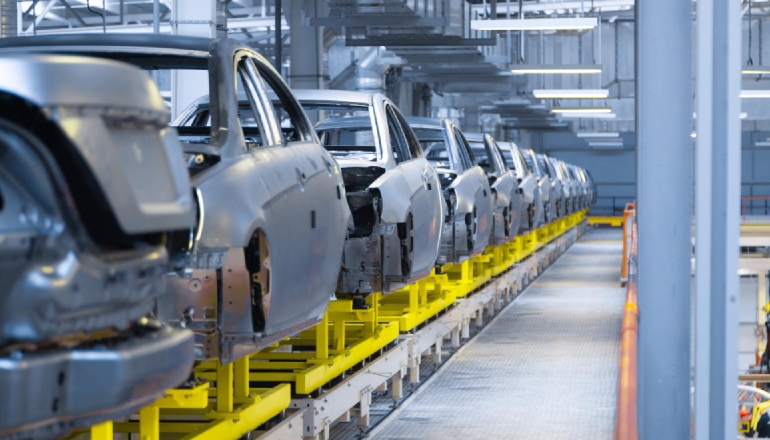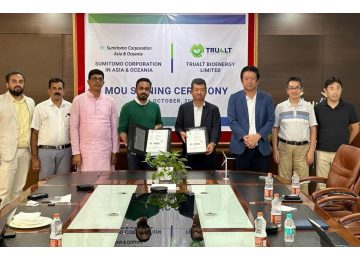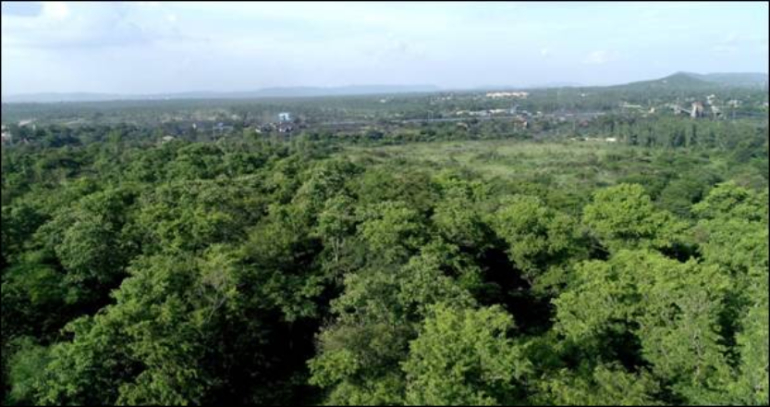The European Union (EU) has taken a firm stand against forced labor.
As part of the stringent action, the EU has decided to ban all products (internal and international) made with forced labor. With the latest resolve, the EU has strengthened its commitment to the S or the social quotient of ESG.
A set of rules that will also be implemented to look into forced labor in the companies’ supply chains will ensure the move. The rules will cover the transport, storage, and distribution of goods segments in the supply chain.
 The new charter empowers law enforcement agencies to seize products developed by forced labor at the borders. Offending suppliers will be suspended. The supplier can, however, re-enter the EU market by complying with the new laws, which align with the ILO standards.
The new charter empowers law enforcement agencies to seize products developed by forced labor at the borders. Offending suppliers will be suspended. The supplier can, however, re-enter the EU market by complying with the new laws, which align with the ILO standards.
The new law introduced can adversely hit developing countries as there could be forced labor violations. Every new law/ regulation introduced by the EU raises fresh concerns among traders, especially in these countries.
It may not be an immediate concern as any regulation could take time to implement. Therefore, it is an opportune time for the exporters of India to change strategies and start looking at complying with these new regulations. Other regions will follow suit.
Recalling here, the EU has a carbon tax for products entering its markets. In addition, in June this year, it introduced regulation on deforestation-free products.












